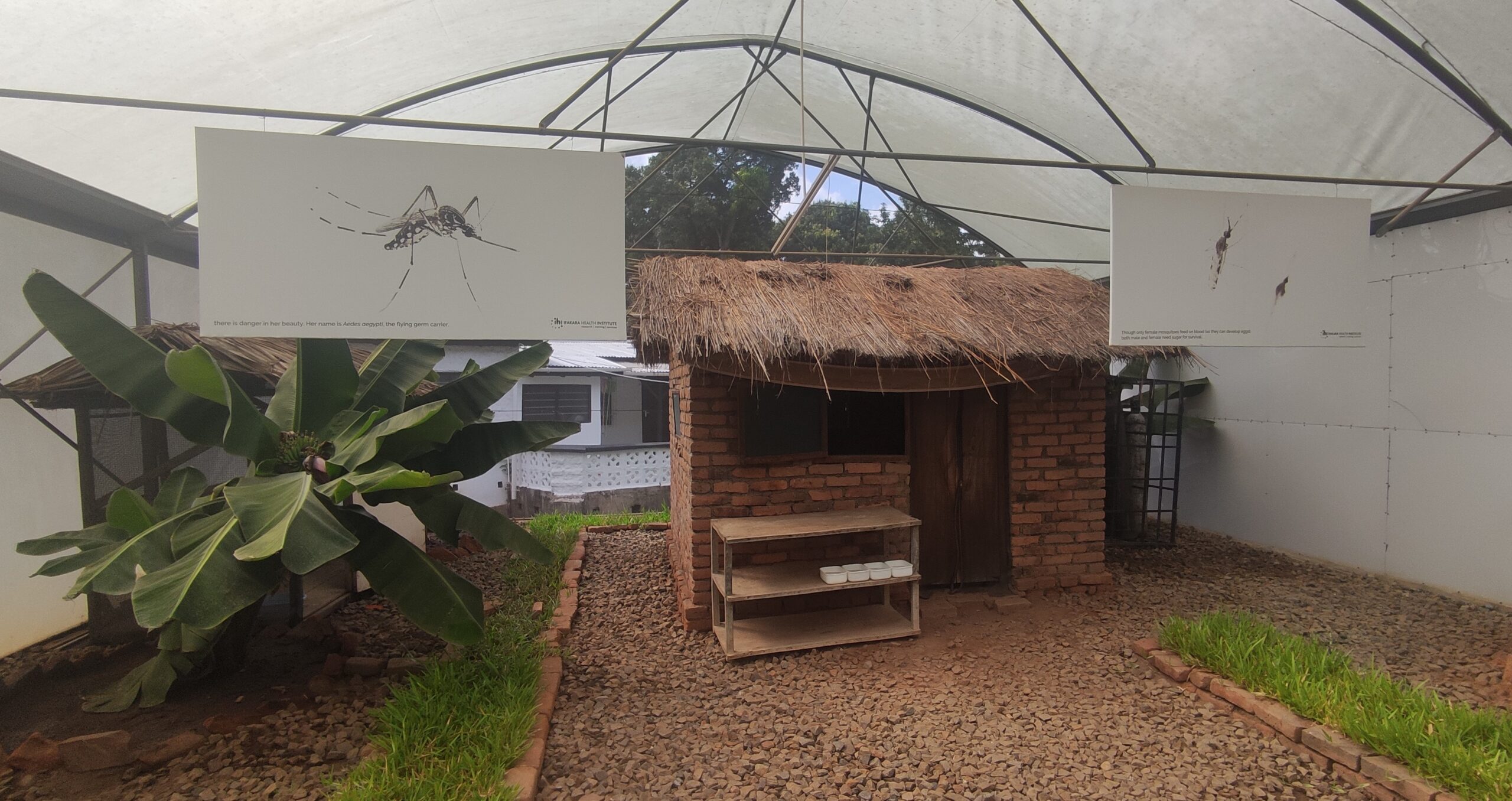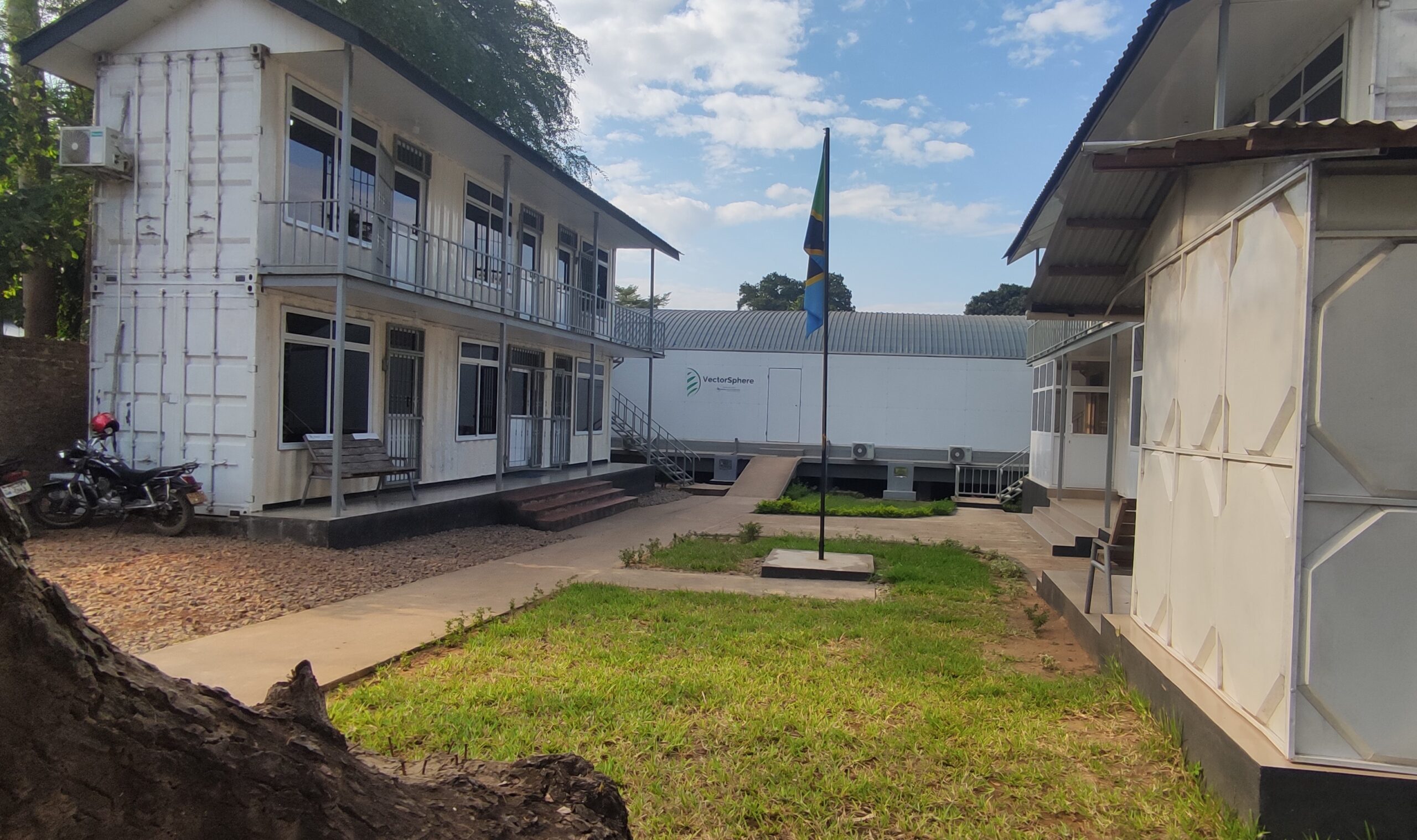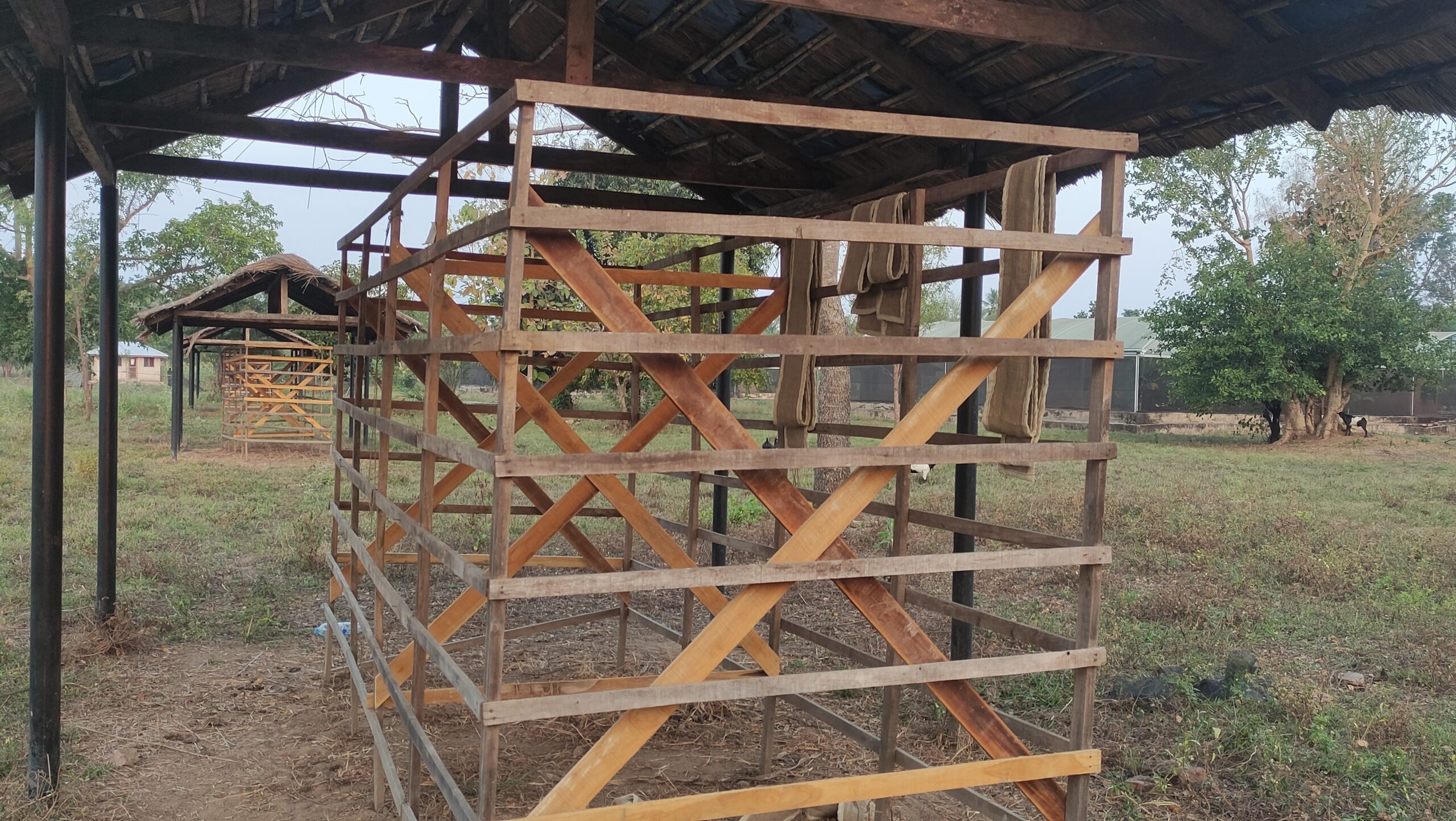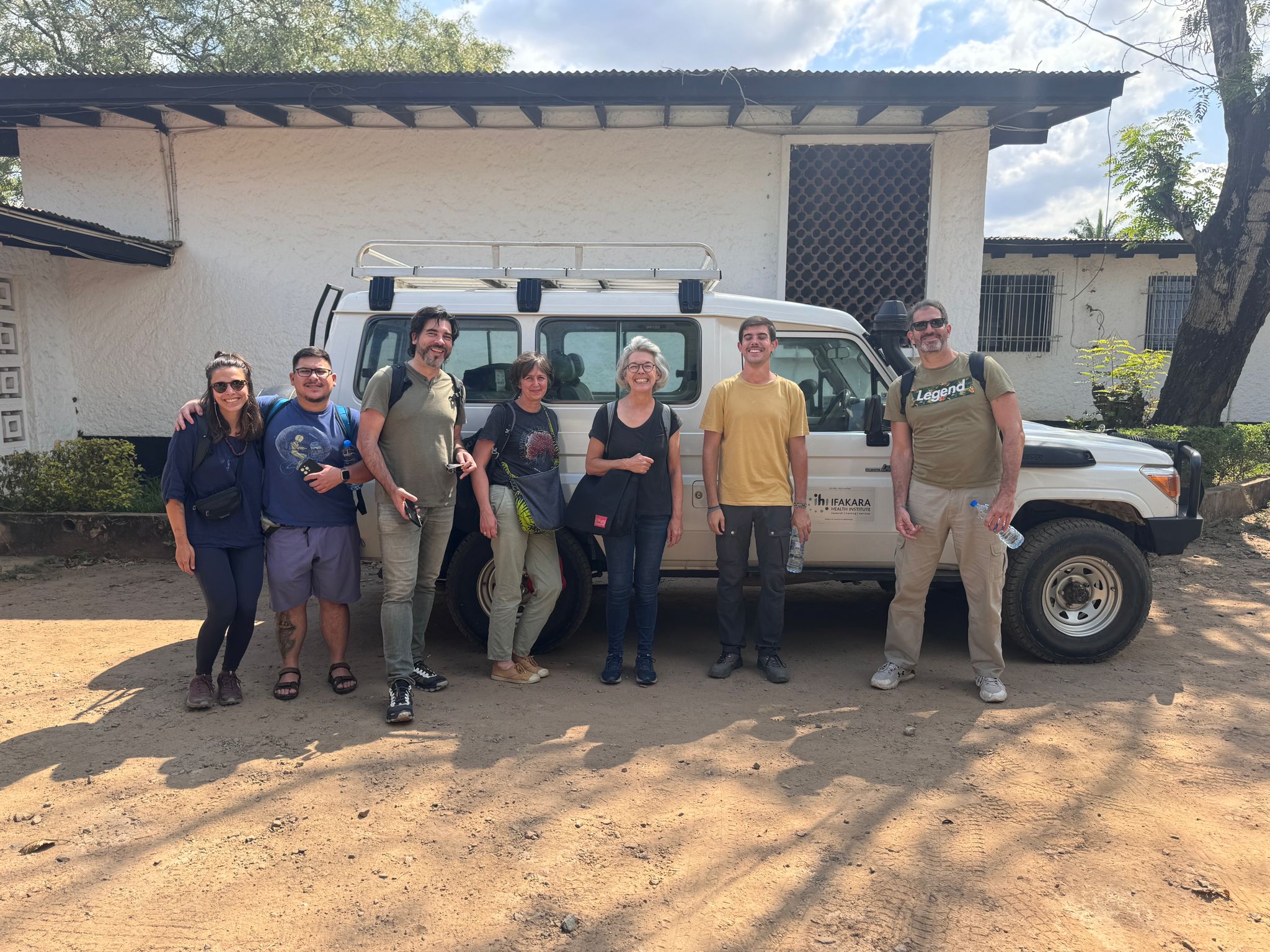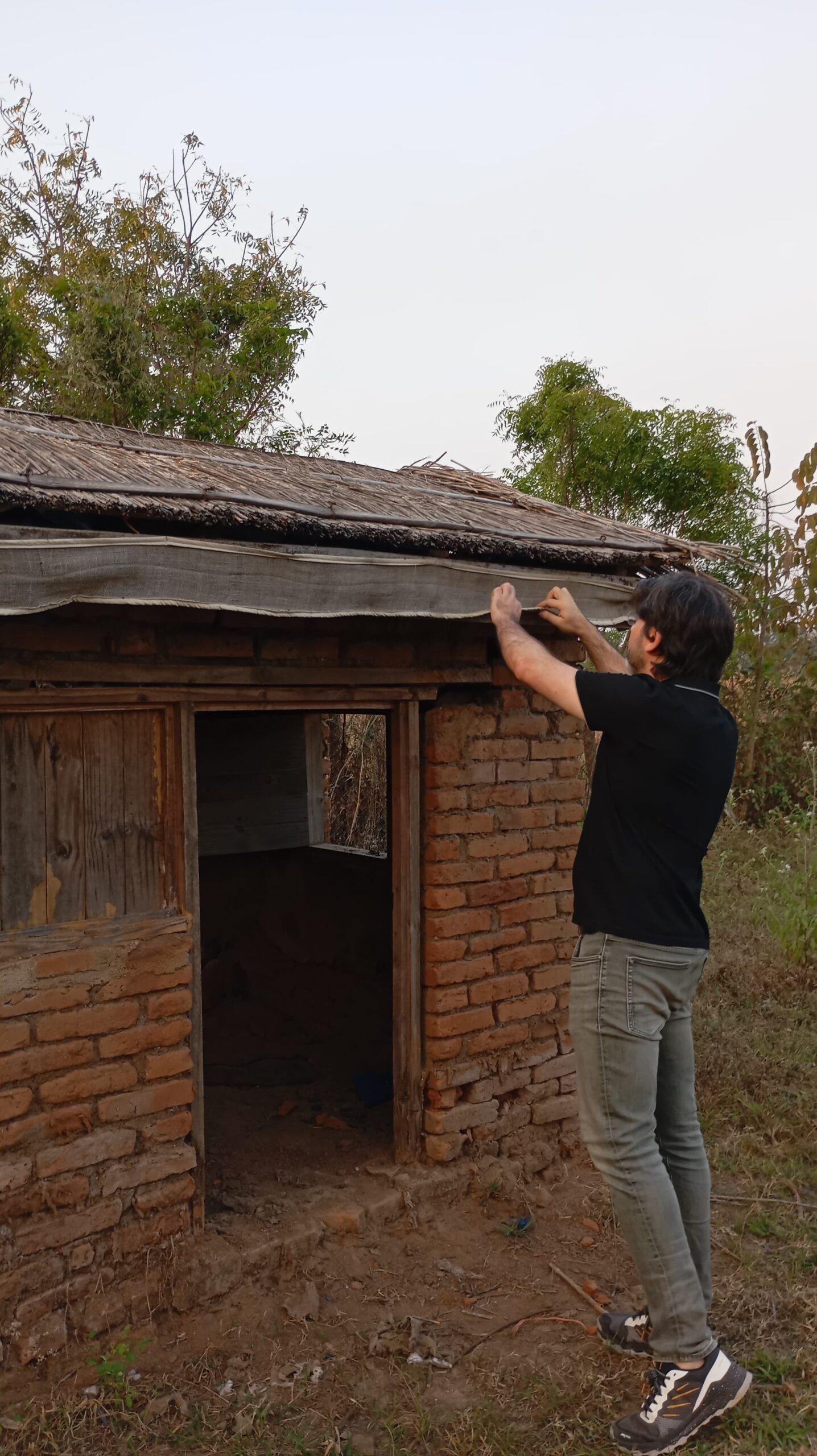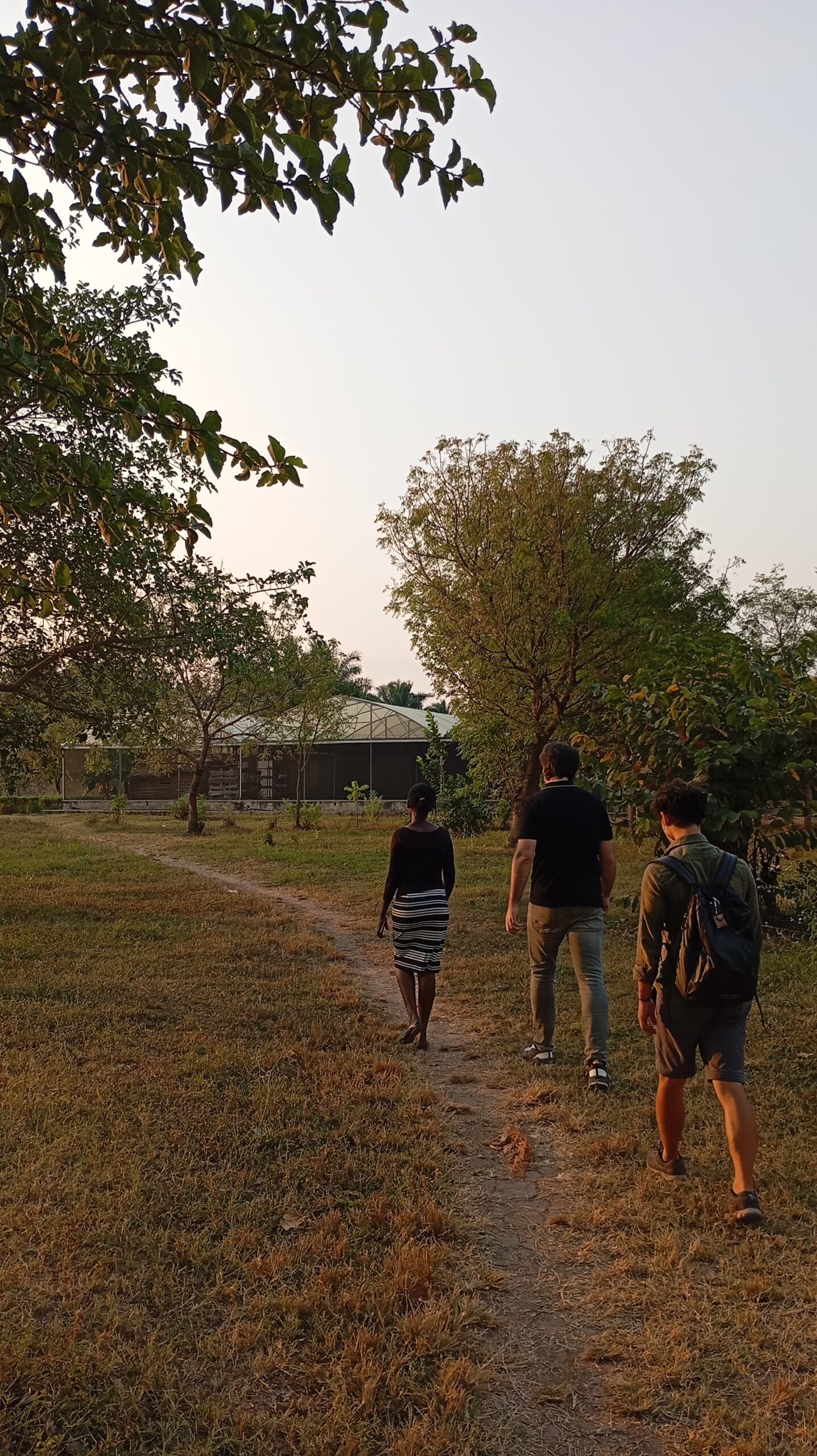Filipe Lopes, GHTM researcher working at IHMT-NOVA, recently spent one month at the Ifakara Health Institute in Tanzania. This secondment was part of INOVEC, a project funded by the European Union through the MSCA Staff Exchange Program, which aims to foster international collaboration in research and technological innovation to improve the surveillance and control of arbovirus-transmitting mosquitoes. The consortium comprises partners from Europe, Africa and Brazil, with academic & research institutions, product development companies and an international organization.
Alongside Enric Pou, a researcher from CSIC-CEAB, Filipe visited sites in Dar Es Salaam, Ifakara, and Bagamoyo. Their goal was to evaluate the potential of innovative citizen science systems for mosquito monitoring. Filipe coordinates this INOVEC Project task, which is dedicated to social scientific research to better understand the social use of new citizen science applications for entomological surveillance.
The main objective was to assess the potential of the MosquitoAlert application and adapt this platform to environments with endemic mosquito-borne diseases. A secondary goal was to acquire images for automatic classification of mosquitoes using artificial intelligence algorithms. This visit also aimed to promote and strengthen international collaboration with European, African, and Brazilian partners working in vector control and arbovirus studies, establishing lines of contact and cooperation.
The INOVEC international conference “Advances in Surveillance and Control Methods for Aedes-Borne Diseases and Urban Vectors,” together with the annual meeting of the project were also held from August 26-28, 2024, at the Four Points by Sheraton in Dar es Salaam, Tanzania.
